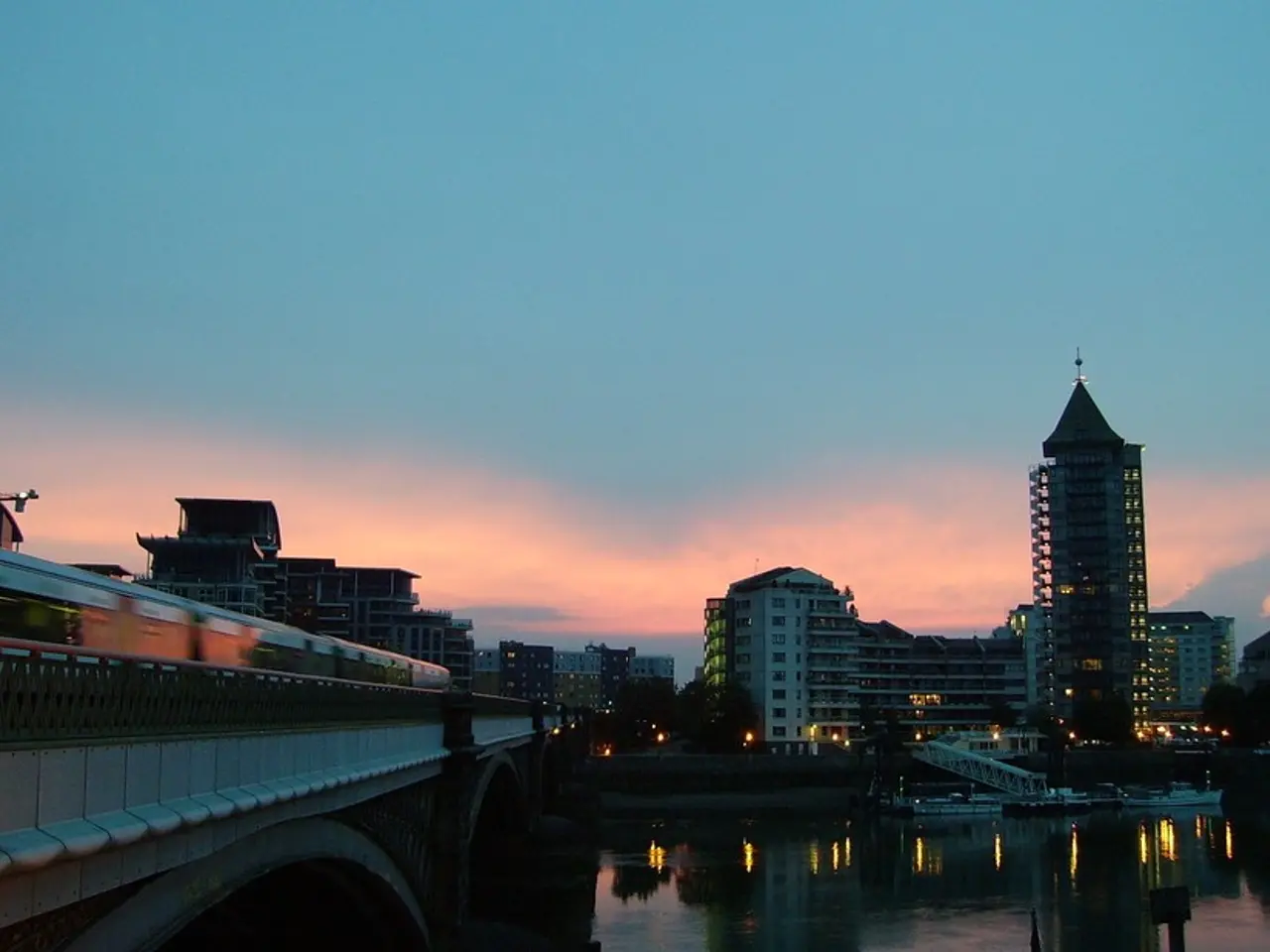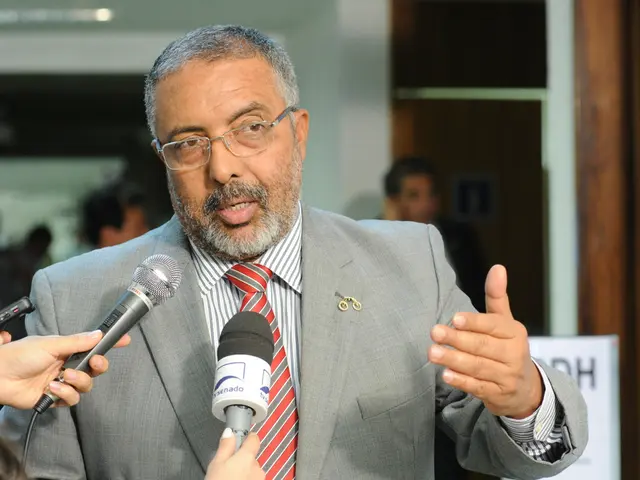Egypt reaffirms its firm stance on maintaining its quota of Nile River water, as declared by President El Sisi.
In a region where water resources are scarce, the Grand Ethiopian Renaissance Dam (GERD) has become a contentious issue, with Egypt and Sudan expressing concerns over their water security and the lack of legally binding agreements with Ethiopia.
Egypt's primary worry revolves around the threat to its water security. The Nile River supplies about 97% of Egypt’s freshwater, a vital resource for agriculture, food security, and urban life. Cairo has issued stern warnings that unilateral filling and operation of the GERD without agreements could reduce Nile water flow, potentially triggering action under international law to protect its water rights. Egypt insists on adherence to negotiated agreements and has opposed any unilateral Ethiopian measures perceived as threats to the Nile water it depends on.
Sudan's concerns include the lack of technical coordination and data sharing between Ethiopia's GERD and Sudan’s own Roseires Dam, located just 110 km downstream. Sudan has faced direct harm, such as disruption of drinking water stations during Ethiopia’s initial reservoir filling in 2020, which happened without sufficient notification. Sudan is calling for a legally binding agreement or at least a reliable exchange of information on filling and operation to prevent harm and ensure coordination.
Both countries emphasize the need for legally binding agreements governing the filling and operation of the dam, which Ethiopia has yet to consent to. Ethiopia, on the other hand, argues that the dam is a “shared opportunity” and stresses its sovereign right to develop the project without adhering to colonial-era water treaties that excluded it. The tensions have escalated as efforts to negotiate these frameworks have stalled, with international diplomatic attempts failing due to disagreements over filling timelines and water releases during droughts.
The GERD, which began producing power in 2022, is expected to generate more than 6,000 megawatts of electricity, making Ethiopia a net energy exporter. However, Egypt's main concern is how much water Ethiopia will allow to flow downstream during severe drought. Egypt's President Abdel Fattah El Sisi has delivered a stern warning to Ethiopia regarding the GERD, viewing it as an existential threat. Any decline in Egypt's water share could wipe out millions of farming jobs and ruin its food balance.
Sudan also fears potential structural damage to the GERD could submerge large parts of its country. Ethiopia has sought to reassure Egypt and Sudan that no harm will come to them as a result of the dam. This dispute exemplifies a complex energy-water trade-off between Ethiopia’s developmental goals and the downstream countries’ survival-based water needs.
| Concern | Egypt | Sudan | |------------------------------|-----------------------------------|----------------------------------------| | Main issue | Threats to water security | Risk of harm due to lack of coordination| | Dependence on Nile water | Almost 97% of freshwater supply | Critical for dams like Roseires | | Key demands | Binding legal agreements, no unilateral filling | Binding agreements or reliable data sharing| | Recent incidents | Opposition to unilateral actions | Drinking water disruption in 2020 filling| | Political stance | Strong warnings, potential action under international law | Calls for legal agreements, technical cooperation|
Recently, Ethiopia announced the completion of the GERD, while Egypt's President Abdel Fattah El Sisi stated that Egypt is aware of the pressure it has been subjected to over its Nile water share as part of a larger campaign to "realise other objectives." The GERD, located a short distance from the Sudanese border, remains a pressing concern for both countries as they navigate this delicate water-sharing dispute.
- The Grand Ethiopian Renaissance Dam (GERD) has become a significant issue in Africa, with Egypt and Sudan expressing concerns related to their energy and water security.
- Egypt's primary focus is on the potential threat to its water security, as the Nile River supplies nearly all of its freshwater and is crucial for agriculture, food security, and urban life.
- Sudan, on the other hand, is worried about the lack of technical coordination and data sharing between Ethiopia's GERD and Sudan's Roseires Dam, which could lead to harm.
- Both Egypt and Sudan insist on legally binding agreements or at least a reliable exchange of information on filling and operation to prevent harm and ensure coordination.
- Egypt has voiced strong warnings that unilateral actions by Ethiopia could reduce Nile water flow, potentially triggering international action to protect its water rights.
- Sudan has faced direct harm, such as disruption of drinking water stations during Ethiopia’s initial reservoir filling in 2020, which happened without sufficient notification.
- The tensions over the GERD, which has the potential to generate more than 6,000 megawatts of electricity, have escalated as efforts to negotiate frameworks have stalled.
- The region's political landscape is marked by conflicts and diplomatic challenges, as Egypt's President Abdel Fattah El Sisi has viewed the dam as an existential threat, while Ethiopia has emphasized its sovereign right to develop the project.








